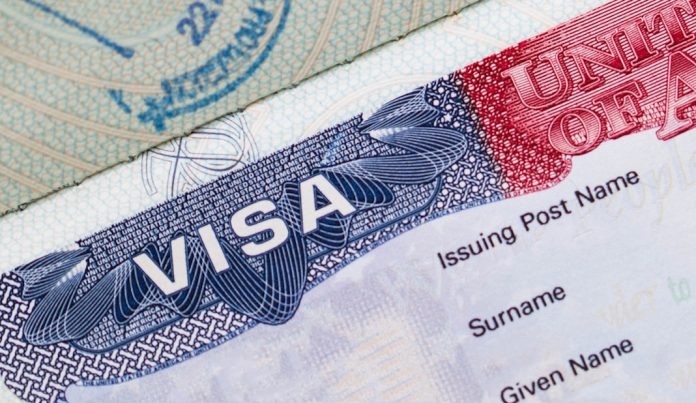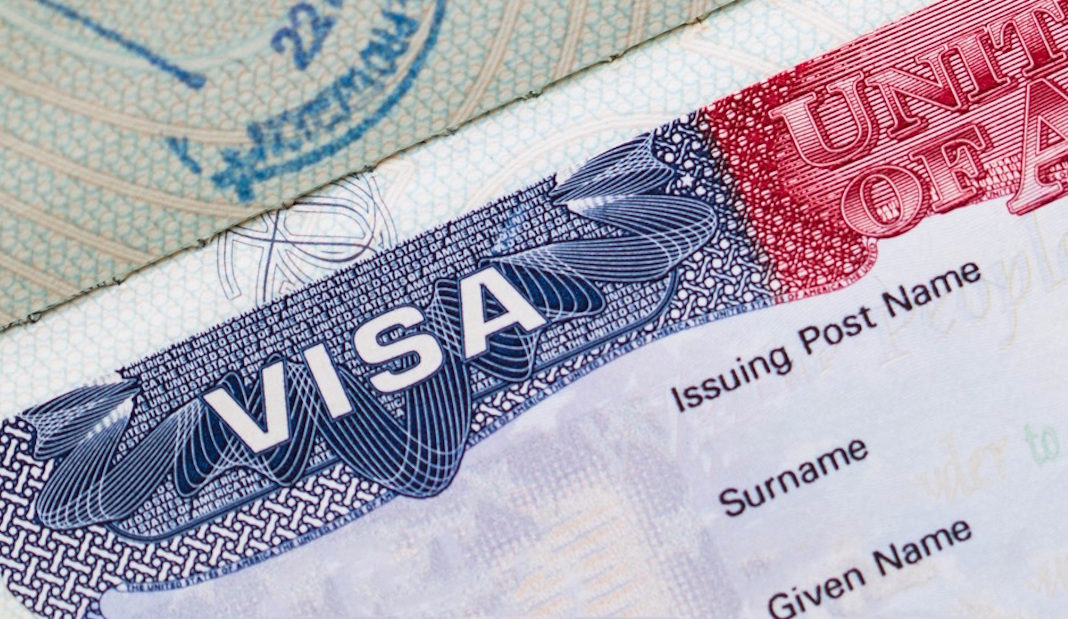
Find out more

The FM Band talks about the puzzle of J-1 visas in Louisiana, Thursday July 2, with Peggy Feehan (CODOFIL). Info and registration here
Bilingual schools and programs in the United States will long remember this school year. After being forced to embark on online education, they now have to deal with a new puzzle: the prospect of having to prepare for school without new teachers from France.
Indeed, by his proclamation of June 22, Donald Trump suspended the issuance of new J-1 visas, among other working visas, until the end of the year. A gesture that should allow, during the economic crisis (and electoral campaign), to promote the employment of Americans. Problem: bilingual establishments, which have struggled for years to recruit locally certified teachers, use the D-1 to bring in teachers from France.
According to the French Embassy in the United States, some 200 teachers are affected by these J-1 visas, both in approved private schools and in bilingual public programs across the country. “We've been fighting on this issue since last week’s announcement, said Ambassador Philippe Etienne at a press conference on Thursday. There are contacts made at all possible levels ”. But for now, the US administration is sticking to its positions and does not seem sensitive to the concerns of the schools.
For their part, French schools are fumbling. Some are waiting, others deal with the teachers in D-1 already on site by offering to extend their stay or by reorganizing the distribution of students when it is not possible to find replacements. Rochambeau French International School, the French school in the Washington DC area, says that "at at this time, we are unable to make a specific statement regarding the changes made by the United States government to visa programs ”. The school hopes “That all visa applicants can be considered fairly and quickly”.
In California, several schools contacted did not respond to our request for comment. Only the Bilingual School in Berkeley, California indicates that it should not be affected by Donald Trump's decision. “For September, n"Our management team was geared towards recruiting teachers already present on American soil, green card holders or American citizens," said Cécile Gregoriades, director of communications.
Worry in Louisiana
The situation is particularly worrying in Louisiana, a state where some 40 French-English immersion schools and programs are located. CODOFIL (Council for the Development of French in Louisiana), the state agency responsible for promoting the teaching of French, was to distribute 40 French teachers on D-1 (out of 73 foreign teachers) among twenty-eight schools from this summer. Since the presidential proclamation, “One does what one canadmits Peggy Feehan, the agency’s director. This ranges from one teacher missing to 17 depending on the school“. If these teachers remain stranded in France, the schools will have to use substitutes, share classes between the teachers who stay or resort to “non-certified French speakers or Americans who do not speak French“, She continues. “This could create a year-long delay in learning the language.. 2,200 pupils educated in the public, the majority disadvantaged, are concerned. It bothers me that they don't get the education they need“.
CODOFIL does not remain swinging. The agency multiplies contacts with legislators and the state executive. There is also a petition to “save French immersion”. Lobbying that leaves Peggy Feehan optimistic. “The door is slightly open. We refuse to give up“.
With Nastasia Peteuil and Sandra Cazenave
Find out more

The FM Band talks about the puzzle of J-1 visas in Louisiana, Thursday July 2, with Peggy Feehan (CODOFIL). Info and registration here








